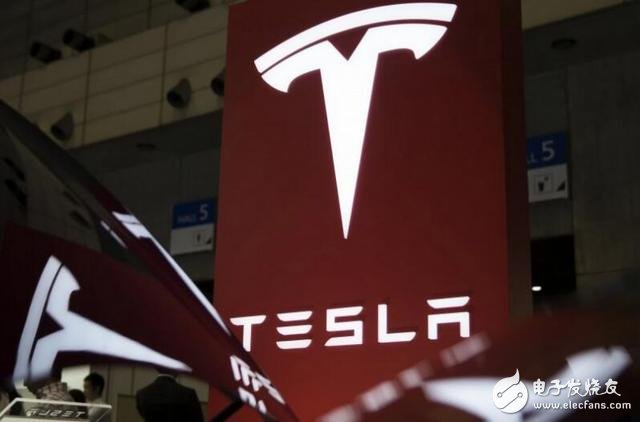Republican presidential nominee Donald Trump won the presidential election and may have plunged Tesla, one of the most watched car companies in the United States. The electric car manufacturer is trying to revolutionize the auto industry, but its ambitions may be blocked.
Kathryn Thomson, a former senior attorney for the US Federal Aviation Administration and the Department of Transportation, believes that the biggest impact for Tesla may be the new energy policy set by the Trump administration. After Trump is elected, it may formulate policies that are conducive to the development of traditional energy sources such as oil and coal.

Thomson said: "Anyone who advocates energy-saving and sustainable energy solutions should be worried. On the one hand, Trump declares 'Let's see all the options', which is positive. On the other hand, he seems to be more Supporting conventional energy and technology. This is not good for innovation, and it is not good for improving energy efficiency and sustainable development."
Tesla has not responded yet, but the company's chief executive, Elon Musk, has publicly stated that Trump is "not suitable for the White House."
Trump has hinted that he will end the regulation of fossil fuels, approve the construction of Keystone XL oil pipelines, and increase support for the coal industry. In May, Trump declared that his energy platform would not "choose winners or losers." Analysts believe that by default, this is likely to benefit oil and gas companies, which have dominated the energy sector for decades. Without the support of the US government, newcomers like Tesla will face tough battles.
Scott Segal, head of government relations at Bracewell, a law and lobbying company, said the Trump administration is clearly taking steps to improve oil and gas exploration and production as a complement to energy, economic and national security policies.
The popularity of electric vehicles will also be affected by the expiration of their technology-related tax credits. According to current regulations, as long as the manufacturer of electric vehicles has not reached the federal government's tax credit deadline, consumers can enjoy a tax credit of $7,500 when purchasing electric vehicles. This reduced the price of the Tesla Model 3 from $35,000 to $27,500.
And because the Trump administration is opposed to the government's policy of selecting winners and losers, these tax credits may be cancelled in the future. John Eichberger, executive director of the Fuel Research Institute, said: "Traditionally, Republicans often do not support policies that promote new technologies, and some austerity measures may jeopardize alternative energy incentives."
This, in turn, may lead to an increase in the price of electric vehicles. For Tesla, its early main goal was to develop low-cost electric vehicles that mainstream consumers could afford. Musk wrote in the 2006 strategic blueprint: "Our long-term plan is to make a variety of electric vehicles, including cheaper family cars." He also said that Tesla will drive the price of cars down as fast as possible. The expiration of the tax credit policy casts a big shadow on this plan.
However, other analysts believe that the current pace of innovation in electric vehicle technology should be sufficient to overcome these obstacles. Tony Lim, an analyst with Kelley Blue Book, the authoritative automotive value-assessment media, said: "Now the entire industry is committed to providing consumers with the electric cars they want, while Tesla, General Companies such as Nissan are leading the way."
Tesla shares fell nearly 3 percentage points when the market opened on Wednesday. Bloomberg reported that car stocks fell across the board on Tuesday, which seems to be in response to concerns about Trump's election. Because Trump’s tough policy toward Mexico could jeopardize US exports. Tesla has some operations in Mexico, and last year it began selling Model S cars locally and building a network of supercharge stations. In addition, Tesla also purchased lithium from Mexico for the manufacture of batteries in a super factory in Nevada.
Unlike Tesla, even in a tougher trading environment, its competitors can still choose to sell fuel cars. The fate of Tesala is directly related to Trump's energy strategy.
Instrument Cable,Guitar Cable,Electric Guitar Cable,Mogami Instrument Cable
HENAN QIFAN ELECTRIC CO., LTD. , https://www.hnqifancable.com